Absolute Distraction Disrupts, Absolutely! Unless you reside or work in a solitary,…
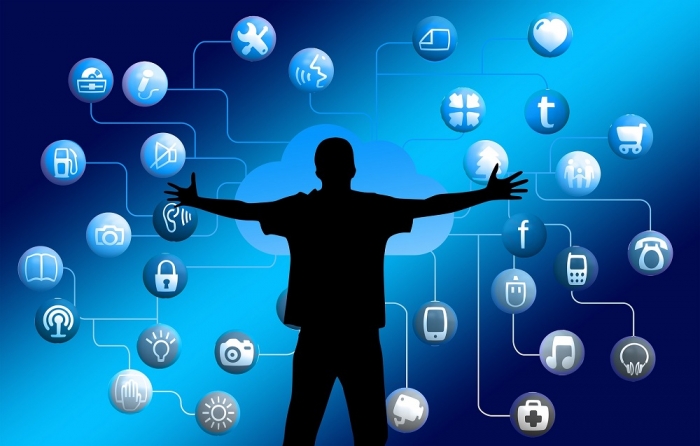
Deflecting Electronic Distraction: The Problem is Bigger than You Think (Pt. 2 of 3)
2.
Deflecting Electronic Distraction: The Problem is Bigger than You Think (Pt. 2 of 3)
Is electronic distraction stressing you out?
We are a society immersed in an Age of Electronics. Pundits call it the Age of Distraction. Still others say we are in the Age of Stress.
Every form of sight and sound is readily available in your pocket 24/7. Technology has upgraded electronics from conveniences to necessities. They’re easy, fun, and addictive.
Electronic Distraction Is a Bigger Problem Than You Think
A Scientific American survey revealed -- Adults spend nearly 10 hours every day in front of various screens – including smartphones, tablets, personal computers, multimedia devices, video games, radios, DVDs, DVRs, and TVs.
Often it seems people suffer distraction not by their electronic media activity but by any outside interference during their digital indulgences. In other words, the virtual experience is so consuming that their real life pales by comparison. In either case, electronics is tied to distraction.
A cycle begins: distraction leads to stress and stress makes us more easily distracted.
Widespread distraction causes widespread stress, which can set a tone of higher tension across the workplace and society.
The Numbers Are Astounding!
A study by Deloitte found that Americans collectively check their smartphones more than 8 billion times per day. On average, across all age groups, that’s 46 checks each day.
A major distraction is the habitual need to stay current with every communication and notification we receive.
The graph shows the greatest mobile phone usage arises from sending or reading emails.
At the moment of this writing, more than 229 billion emails across the glove have been sent on this day!
How do I know? Check this out: Real-time tracking tells you the number of users at every moment.
At the moment of this writing, the tracking shows them approaching the next billion at breakneck speed! Every nanosecond appears to rack up 100’s of thousands more. Whew!
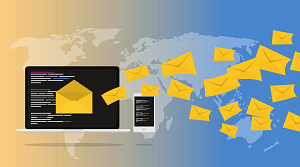
Today, email is regarded as one of the top sources of distraction at work.
I have heard news reports of email checking up to 150 times per day.
Another statistic pegs the average office worker with up to 36 email checks per hour! Well, that’s pushing 300 during an 8-hour workday.
Is this behavior the new normal?
Looking at the numbers, this love affair with electronic communications could seem compulsive or obsessive or even pathological!
Yet we simply cannot deny ourselves the immense value of our digital necessities nor the inestimable pleasure they deliver in our lives.
Email remains a most trusted means of communication and in this way a positive stress reliever.
Electronic media, arguably, are inherently the greatest boon to human advancement.
The key is to use our devices wisely and to deflect electronic distraction when it is counter-productive.
If we absentmindedly succumb to a habit of excess, we surely suffer consequences. Work piles up and delays cause stress.
Researchers at the University of British Columbia found -- When people reduced their email checking from 15 times to just three times per day, their stress levels decreased significantly. These people also reported feeling better able to complete their most important work. As a result, they felt a greater sense of accomplishment at work.
Most adults use electronic media more than they think. How about you?
Would you like to know for sure how much time you’re spending on your cell phone? Follow these steps from Popular Mechanics to get the stats on all your cell activity.
Does the ease of constant communications lure you to distraction?
Would you be more productive without distraction?
The good news is that distraction is a habit. And you can change a habit. With a few tips, you can get electronic distraction under control, enjoy all your media communications with better focus, and complete your work in a more relaxed and productive manner.
How to Deflect Electronic Distraction
You can deflect electronic distraction and create electronic enhancement.
Apply these tips every day and you are bound to see a difference in your concentration levels, attention span, productivity and stress level — all for the better.
Tip #1: Batch the Build-up of Emails
Check your emails in batches.
 Deflect electronic distraction: Don’t even look at your email or any social media when they arrive.
Deflect electronic distraction: Don’t even look at your email or any social media when they arrive.
If you give in to distraction, you lose your momentum and power of productivity.
Moreover, if you jump to a message at every beck & call, you may short-circuit your attention to the communications as well. Mental hobnobbing and leapfrogging is a superficial exercise of the brain.
Instead, schedule three times a day to focus fully on your emails and social media, as you would any required activity. You’ll be reading and responding with heightened attention and far less stress.
Tip #2: Turn Off Instant Notifications
Real-time communications are a distraction.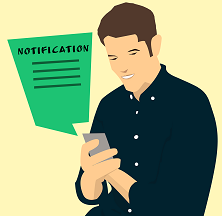
Unless they are within the scope of your present work, turn off instant messages, text messages, chats or email beeps. Set your phone or computer to “silent mode”.
Then you can stay focused on your project.
You deflect all electronic distraction now. You check all your virtual activity later.
For this period of time, you are more important than any messages.
Tip #3: Brevity is the Soul of Wit
Be brief when responding to messages.
The nature of emails calls for short, concise interchanges.
Steve Jobs kept his email address public while he was Apple’s CEO and often responded to customer emails. Jobs notoriously relayed in his messages in short, clipped rhetoric.
You can always talk at length another time. These days, most people seem to like short messages anyway. Don’t you?
The Takeaway:
We humans need to remind ourselves to use technology responsibly.
Electronic devices are a blessing. Manage them and make them work for you.
Statistics of widespread overuse of digital devices substantiate shortened attention spans and loss of productivity. Left unchecked, our attachment to every beck and call of communications creates chronic stress.
Deflecting electronic distraction is essential to managing stress. This is not hard but it requires some discipline; you can make it easier by removing the temptation. Take your inbox off the screen, turn off all instant notifications, and schedule three times to check your messages. This way you don’t miss messages; you focus better on them. Respond with short, concise replies.
Put these simple techniques into practice for three weeks. Then watch how much more relaxed and productive you will be in both your work and virtual communications.
Now, to make your workspace your refuge from distraction, proceed to the final article in this series!
10 Stress Habits and Alternatives!

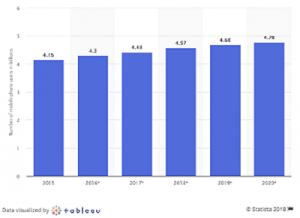


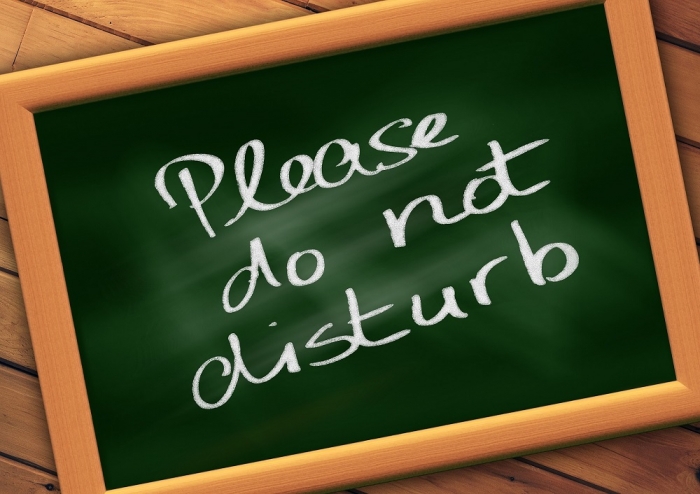
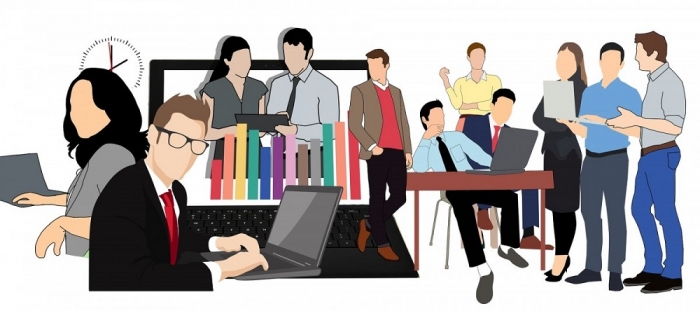
A big thank you for your blog post.Really looking forward to read more. Really Cool.
You actually make it seem so easy with your presentation however I
find this topic to be really one thing which I feel I might by no means
understand. It kind of feels too complicated and very huge for me.
I’m looking forward on your next put up, I will attempt to get the
grasp of it!
Hello There. I found your weblog using msn. That is an extremely smartly written article.
I’ll be sure to bookmark it and return to read extra of your helpful information. Thanks for the post.
I’ll certainly return.
Wonderful goods from you, man. I’ve understand your stuff previous to and
you’re just too great. I really like what you have acquired here, certainly like what
you’re saying and the way in which you say it.
You make it enjoyable and you still take care of to keep it smart.
I can’t wait to read much more from you. This is really a tremendous website.